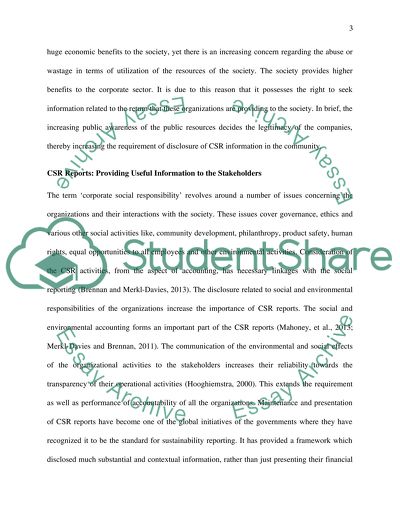Cite this document
(“Do corporate social responsibility (CSR) reports provide shareholders Essay - 2”, n.d.)
Retrieved from https://studentshare.org/finance-accounting/1492049-do-corporate-social-responsibility-csr-reports
Retrieved from https://studentshare.org/finance-accounting/1492049-do-corporate-social-responsibility-csr-reports
(Do Corporate Social Responsibility (CSR) Reports Provide Shareholders Essay - 2)
https://studentshare.org/finance-accounting/1492049-do-corporate-social-responsibility-csr-reports.
https://studentshare.org/finance-accounting/1492049-do-corporate-social-responsibility-csr-reports.
“Do Corporate Social Responsibility (CSR) Reports Provide Shareholders Essay - 2”, n.d. https://studentshare.org/finance-accounting/1492049-do-corporate-social-responsibility-csr-reports.


